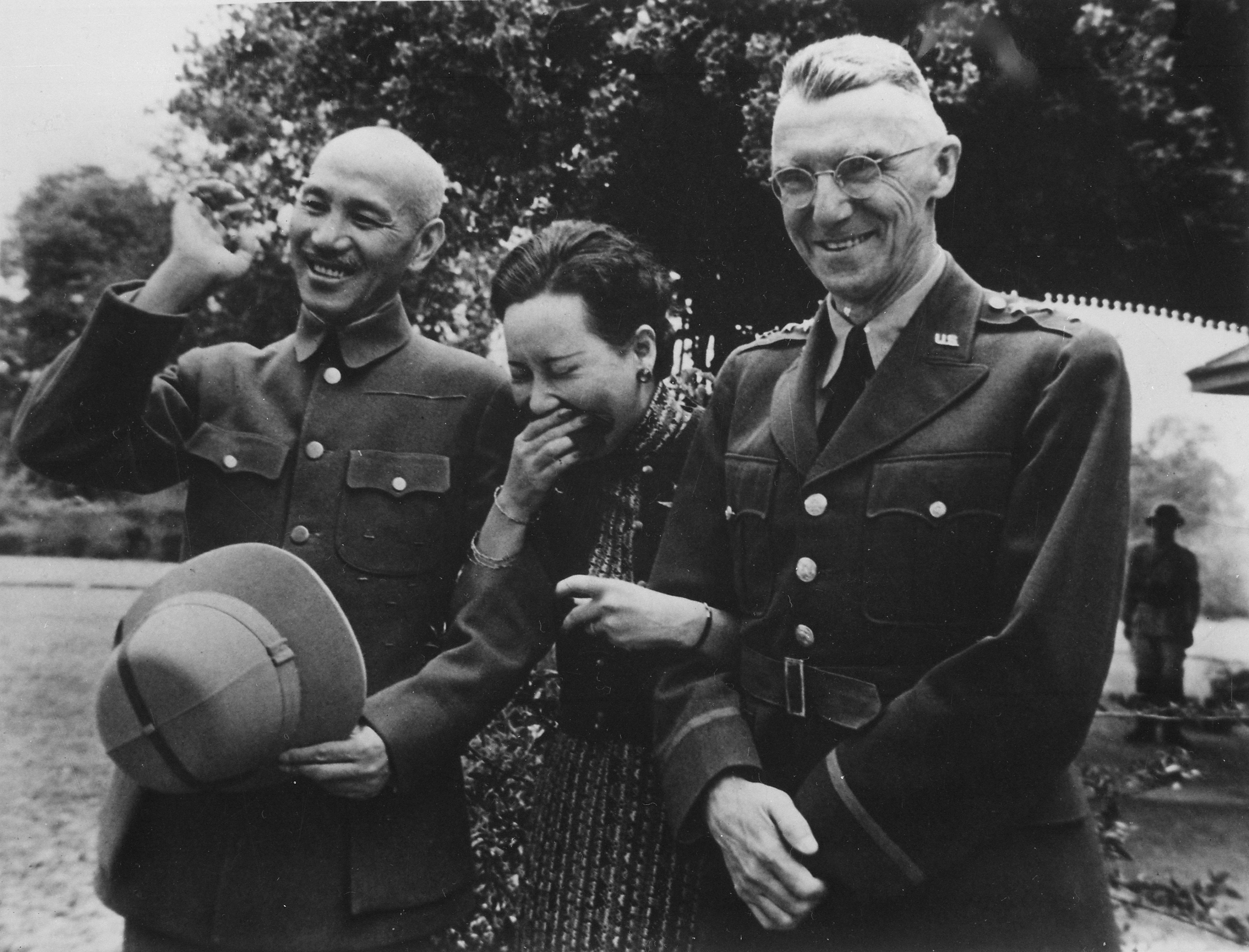
Wednesday - March 30, 2011Stilwell and the American Experience in Libya In the Second World War, there were four main theaters that we operated in; Europe and the Mediterranean under Eisenhower, the South Pacific under MacArthur, the Central Pacific under Nimitz, and the China-Burma-India theater under Vinegar Joe Stilwell. In the Second World War, there were four main theaters that we operated in; Europe and the Mediterranean under Eisenhower, the South Pacific under MacArthur, the Central Pacific under Nimitz, and the China-Burma-India theater under Vinegar Joe Stilwell.Most people don't much remember Stillwell unless they watched John Belushi in "1941" or read Barbara Tuchman's "Stilwell and the American Experience in China." Barbara Tuchman is one of my favorite authors, I was introduced to her by a book I got as a gift from my sister when I was in the Philipines. The book was "The First Salute," and I read it after being in a stage of my life where I thought I had read everything worth reading and hadn't expanded my learning since college. Her book opened my eyes and gave me a renewed thirst for knowledge that I had been missing. "The First Salute" is typical of Tuchman's works in that she takes a part of history and tells a wonderful story by centering it on a public figure that isn't so prominent. She wrote about the first half of the 100 years war by talking about a French nobleman named Coucy. "The First Salute" was about the American Revolution from a Dutch perspective, centered on a British Admiral named Rodney. I learned so much reading that book that I quickly devoured as many Tuchman books as were available. Tuchman wrote about the Second World War from the point of view of General Stilwell. The Stilwell experience in China was a sordid mess. Stilwell expected that someday the United States would be sending numerous divisions to him to attack the Japanese from the west, and his role until that happened was to assist the Chinese by providing advice and massive amounts of armaments. Tuchman shows his gradual awakening from naively thinking the Chinese would fight the Japanese, to eventually trying to convince Roosevelt and his administration that the Chinese are really only hoarding the arms we sent them to prepare for the Chinese civil war expected after we beat the Japanese. The Chinese would make half-hearted displays of fighting, but really had no intention of fighting the Japanese if they could help it. Now we hear that the commander in chief of the United States military is contemplating sending arms to Libya. Why would anyone in Libya bother to fight against Kaddaffy? They know that the US is involved and will bomb him from the sky. All they need to do is sit back and wait until we're done. Why risk life and limb until that happens? And now we propose arming them? Will we never learn? The rebels will collect the arms and save them for later, either for when they want to consolidate their power over their rivals to rule after Kaddaffy, or to send them to their Al Qaeda allies fighting us in Afghanistan or elsewhere. Bombing Libya is a good thing. There is nothing much good about Kaddaffy, and I have no pity for him. What comes after him is problematic. It's even more problematic if we give arms to people we don't know anything about except that they have been at war with us. I don't know what Joe Stilwell would think about arming Libyans, but I suspect he would have a feeling of de ja vu. Go Back to the Start, Do Not Collect $200 Send me your two cents | |